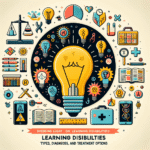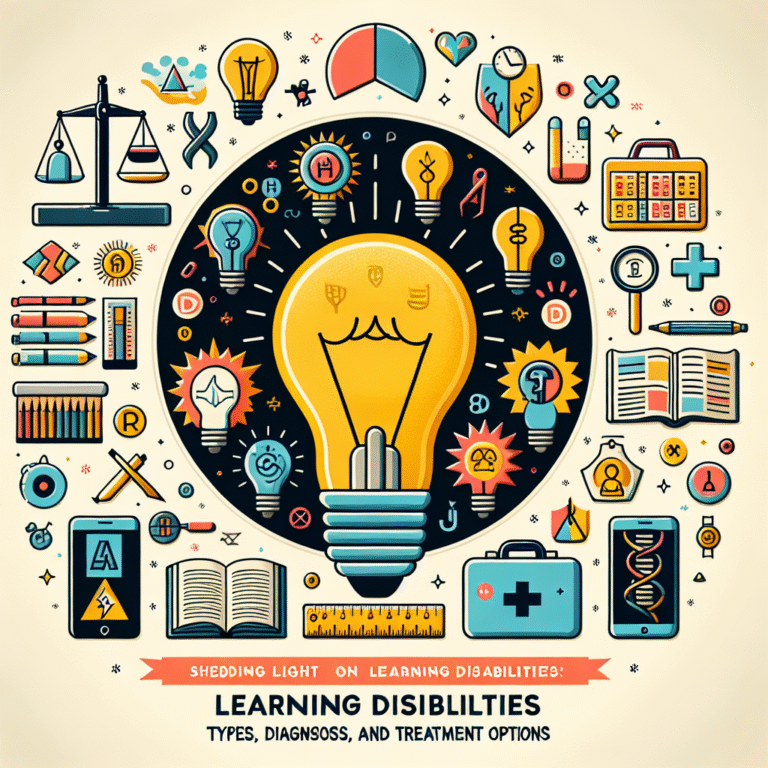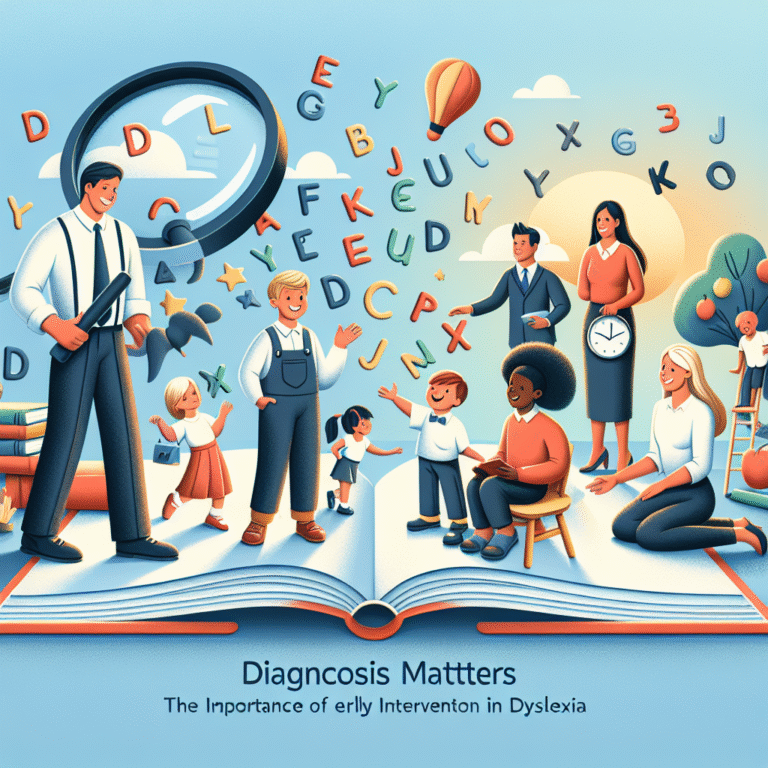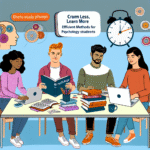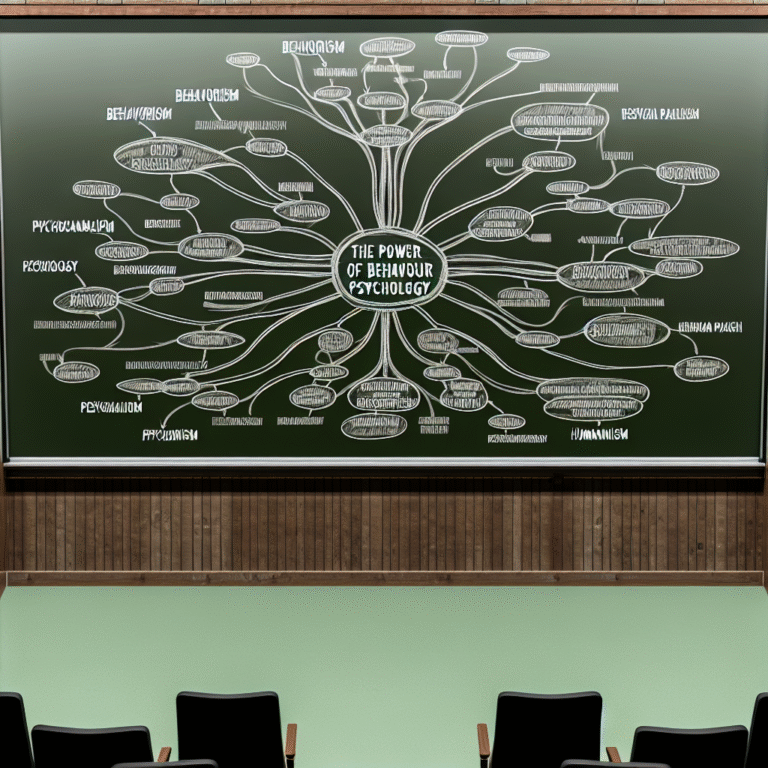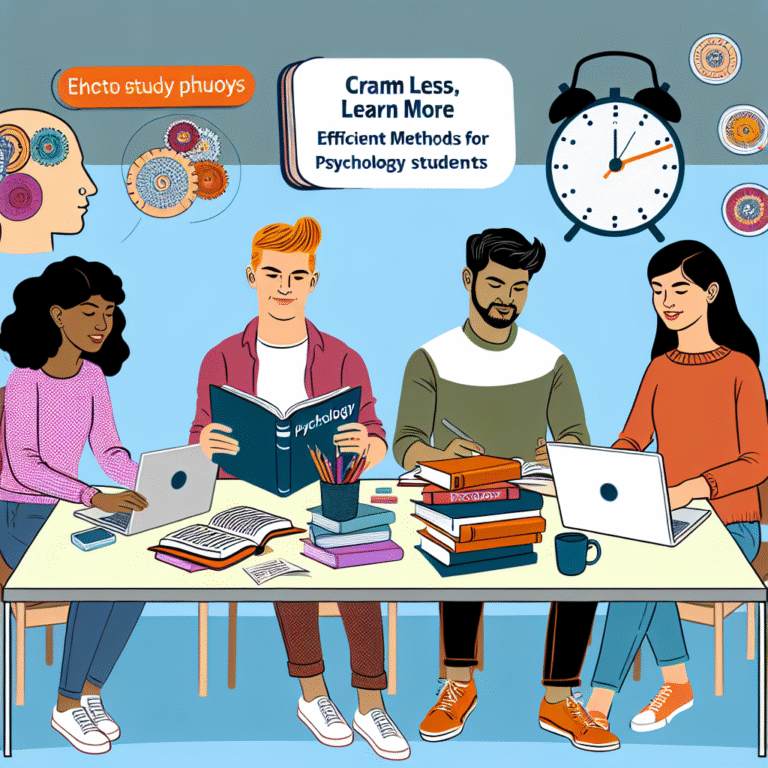
Empowerment Through Knowledge: The Ultimate Resources for Parents of Kids with Learning Disabilities
Introduction
Navigating the world of learning disabilities can be a profound challenge for both children and their parents. However, there lies a beacon of hope: Empowerment Through Knowledge. By understanding the landscape of learning disabilities and leveraging the best resources available, parents can advocate more effectively for their children, foster resilience, and promote success. This article delves deep into the essential tools and resources that empower parents—transforming their journey into one filled with confidence and awareness.
Understanding Learning Disabilities
Learning disabilities affect how individuals process, retain, and communicate information. These challenges can manifest in various ways, such as dyslexia, ADHD, or auditory processing disorders. The first step in empowerment is understanding these differences and the unique strengths each child possesses.
Key Statistics on Learning Disabilities
| Statistic | Data |
|---|---|
| Prevalence of Learning Disabilities | Affect 5-15% of children |
| Overlap with Other Conditions | 40% also diagnosed with ADHD |
| Long-Term Impact on Academic Performance | 75% struggle in school |
This data underscores the importance of targeted advocacy and informed engagement, making it critical for parents to be equipped with the right resources.
Empowerment Through Knowledge
1. Educational Resources
Books and Literature
Books are an invaluable resource for parents looking to empower themselves. Titles such as "The Dyslexia Empowerment Plan" by Ben Foss provide practical strategies and insights.
Online Courses and Webinars
Organizations like Understood and Learning Disabilities Association of America (LDA) offer online courses for parents. These platforms not only share knowledge but also build a community of support.
Case Study: The Power of Parental Education
A mother, Lisa, found herself overwhelmed when her son was diagnosed with dyslexia. After enrolling in a webinar series offered by LDA, she was equipped with essential strategies that transformed their approach to reading. The knowledge she gained led to a remarkable improvement in her son’s academic performance and overall confidence.
2. Advocacy Resources
Understanding your rights and navigating the education system is another crucial area of empowerment.
IEP and 504 Plans
Individualized Education Programs (IEPs) and 504 Plans are essential legal documents that ensure necessary accommodations for children with learning disabilities. Familiarity with how to request and implement these plans can make a monumental difference in a child’s educational journey.
3. Community Support Groups
Building connections with other parents who share similar experiences can be incredibly uplifting. Local support groups or online communities can provide a platform for sharing resources, stories, and strategies.
Case Study: The Impact of Community
Sarah, a parent of a child with ADHD, began attending weekly support group meetings at her local community center. Through shared experiences, she not only gained vital resources but also forged lifelong friendships that made the journey more manageable.
4. Professional Guidance
Psychologists and Educational Therapists
Consulting with educational experts can provide personalized strategies tailored to your child’s specific needs. Building a solid team of professionals, including psychologists and educational therapists, can help implement effective interventions.
Case Study: Navigating Professional Help
John and Anna were concerned about their daughter’s struggles in math. After seeking guidance from an educational therapist, they implemented targeted math intervention strategies that transformed her approach to the subject. With tailored support, her grades improved significantly, bringing newfound joy to her educational experience.
Empowerment Through Knowledge: Digital Resources
5. Apps and Technology
In today’s digital age, many innovative apps can support learning for children with disabilities.
Suggested Apps
- Sound Literacy: Great for phonics and reading intervention.
- ModMath: Helps students with math assignments by providing a platform for organizing and completing problems.
6. Websites and Online Communities
Various websites offer a wealth of information and support, including:
- Understood.org: A treasure trove of articles, expert advice, and toolkits for parents.
- LD.org: The Learning Disabilities Association’s website provides advocacy resources and information on learning disabilities.
Creating an Action Plan for Empowerment
To capitalize on these resources, parents should draft an individualized action plan.
Steps to Consider
- Identify Your Child’s Needs: Assess specific learning challenges.
- Research and Utilize Resources: Engage with books, webinars, and apps relevant to your child’s needs.
- Connect with Professionals: Foster relationships with educational professionals.
- Seek Community Support: Join local or online support groups to share experiences and gather insights.
Table: Action Plan Framework
| Step | Action |
|---|---|
| Identify Needs | List specific learning challenges |
| Research Resources | Explore books, courses, apps |
| Connect with Professionals | Schedule consultations |
| Join Support Groups | Attend meetings regularly |
7. Emotional Support and Self-Care
Empowerment through knowledge is not just about academic success; it also involves emotional well-being. Parents need to invest time in self-care to maintain resilience.
Strategies for Self-Care
- Mindfulness and Meditation: Engage in stress-reducing practices.
- Physical Activity: Exercise can significantly alleviate stress and improve mood.
Conclusion
Empowerment Through Knowledge: The Best Resources for Parents of Kids with Learning Disabilities is a lifelong journey. By equipping themselves with the right tools and connecting with a supportive community, parents can effectively advocate for their children’s needs. The path may be challenging, but the rewards are immeasurable: thriving children who feel understood and capable.
FAQs
1. What are learning disabilities?
Learning disabilities are neurological conditions that affect how individuals process information, impacting learning and communication.
2. How can I support my child with a learning disability?
Understanding their specific challenges, providing resources, and connecting with professionals and support groups are essential.
3. What is an IEP?
An Individualized Education Program (IEP) is a plan tailored to support the educational needs of children with disabilities.
4. Are there apps to help children with learning disabilities?
Yes, many educational apps are designed to assist children with reading, math, and organization skills.
5. How do I find support groups in my area?
Local community centers, schools, or online platforms often host support groups for parents of children with learning disabilities.
6. What should I do if I’m feeling overwhelmed as a parent?
Seeking help from a support group, consulting a mental health professional, and prioritizing self-care can offer relief and support.
Informed parents create empowered children. With these resources at hand, you can change the narrative and champion your child’s potential.



